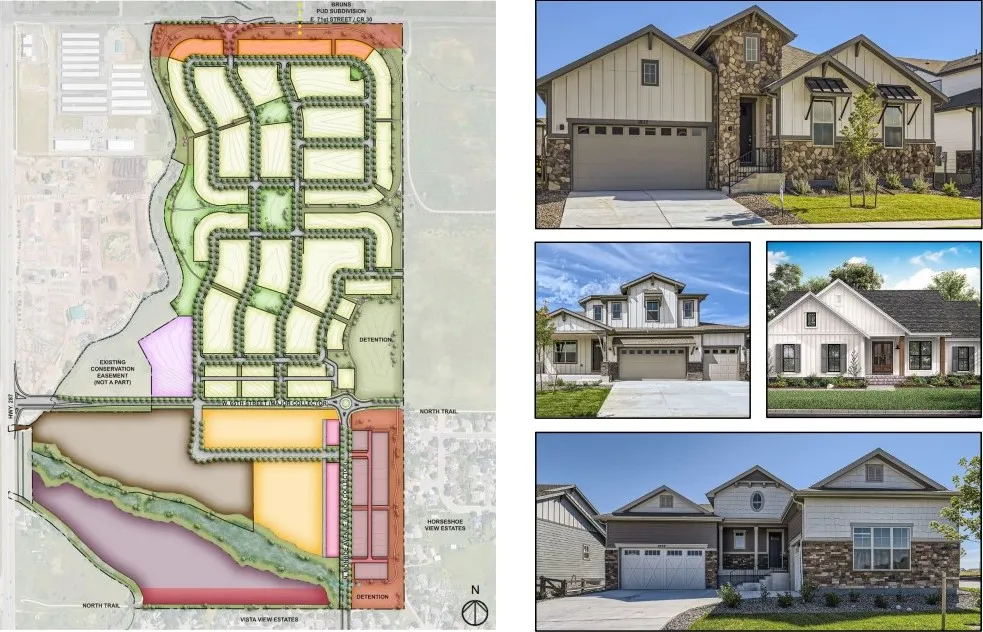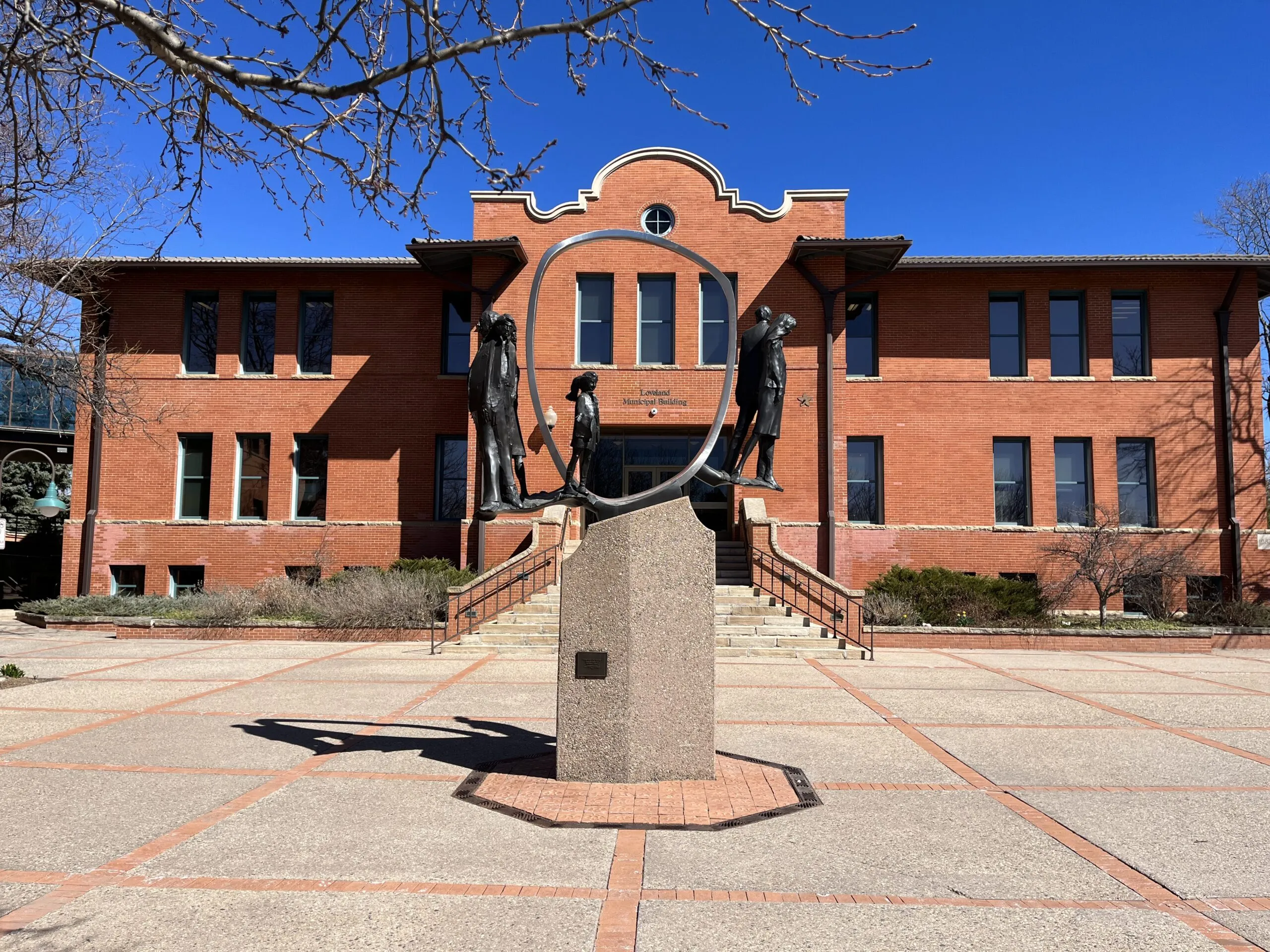Reprieved Sugar Creek gets first-reading OK

Loveland City Council late Tuesday night gave first-reading approval to a developer’s plan for Sugar Creek, which adds up to 1,100 single- and multi-family housing units to vacant land north of the city.
THIS ARTICLE IS FOR SUBSCRIBERS ONLY
Continue reading for less than $3 per week!
Get a month of award-winning local business news, trends and insights
Access award-winning content today!
Already have a paid subscription?
Sign in with GoogleSign in with Google





